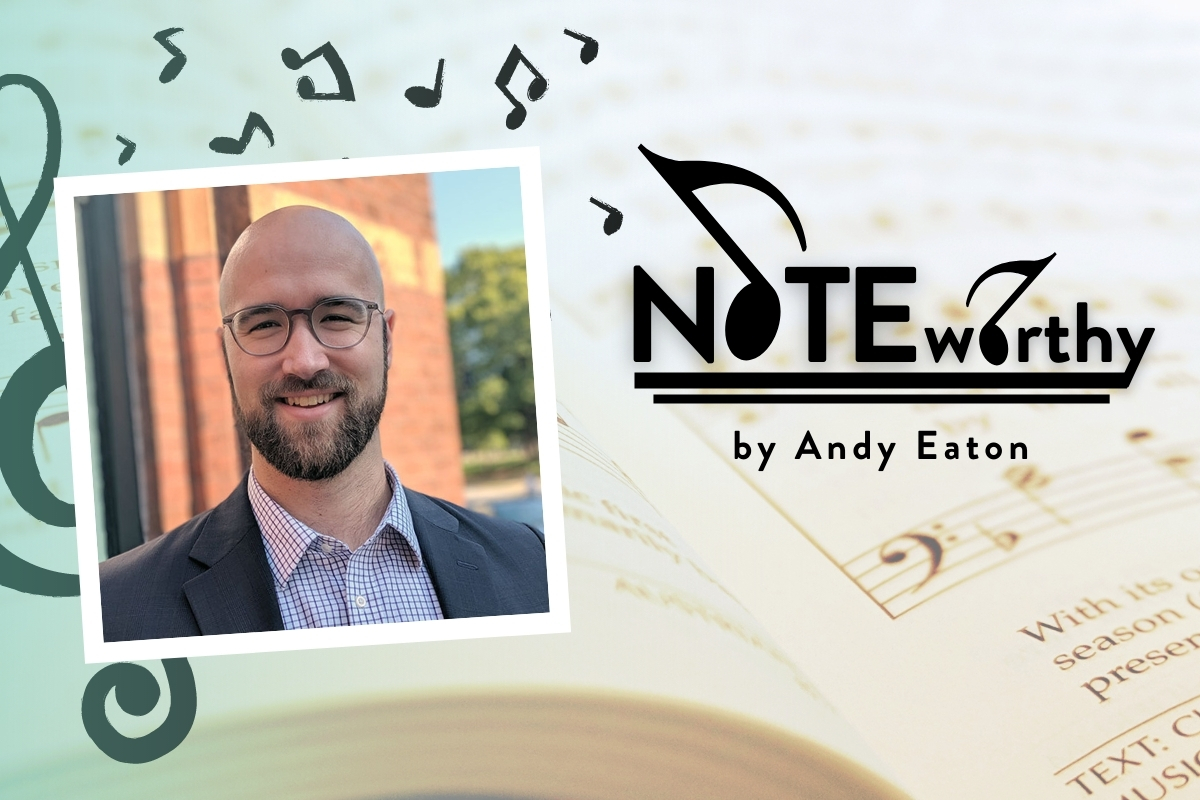Phoenix (Agnus Dei)
Ola Gjielo
Lamb of God, who takes away the sins of the world,
Have mercy on us.
Lamb of God, who takes away the sins of the world,
Grant us peace.
The Agnus Dei is a part of the Ordinary Mass, spoken or sung in churches around the world most Sundays of the year since it was introduced by Pope Sergius in the late 7th Century.
Its text is derived from John 1:29, and it has the interesting distinction of having a textual variation that is featured in many Requiem Masses. In a Requiem Mass, instead of “Have Mercy Upon Us” and “Grant Us Peace” the text changes to “Grant them rest” and “Grant them Eternal Rest” respectively.
Virtually every Mass setting features an Agnus Dei, including Machaut’s Messe de Notre Dame, Bach’s B Minor Mass, Beethoven’s Missa Solemnis, and most major requiems.
The point being: You’ve heard this text before.
One of the terrific things about the church is that we understand that important things bear repeating. It’s why each Sunday we say the same creeds, sing familiar Service Music, and follow a church calendar that guides us through the story of Christ.
How our faith is lived out day to day is largely determined by these repeated creeds and what we interpret them to mean. It’s been said that we are what we repeatedly do, and that is true of what we repeatedly say as well. I find my interpretation of asking forgiveness and the taking away of sins to be particularly telling in my own personal life.
When we ask God for forgiveness, are we acknowledging that we are just human and not perfect, or are we beating ourselves up for another week of being not good enough? I admit that I had been programmed to think and live out the latter for a majority of my life.
However, repeating this self-deprecating version of the creed, I turned into an incredibly unsuccessful perfectionist Christian, with my goal being avoidance of sin rather than creation of good. With “not sinning” as my goal, I became hyper aware of every shortcoming, which became quite paralyzing. I wasn’t empowered by this interpretation of the creed, I was stifled.
Instead, when we ask God for mercy, why don’t we allow ourselves to say, “I’m not perfect God, but you deign me worthy to do that work you put before me.”
His mercy is not so low as simply being a charity that keeps us from being the worst versions of ourselves, it is an endorsement that we are chosen to carry out that good work that might seem a bit beyond our reach. Chosen to be our best selves. Worthy to pursue ideals bigger than ourselves.
And I heard the voice of the Lord saying, “Whom shall I send, and who will go for us?” Then I said, “Here am I! Send me.”
Isaiah 6:8
Behold, I stand at the door and knock. If anyone hears my voice and opens the door, I will come in to him and eat with him, and he with me.
Revelation 3:20
Andy Eaton
Director of Music
First Presbyterian Church

